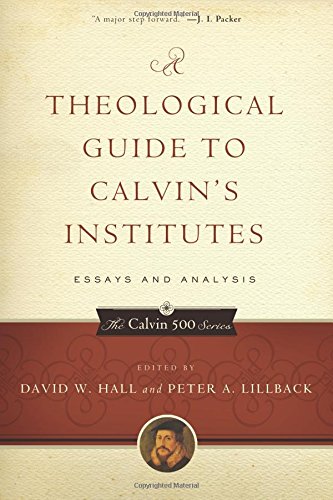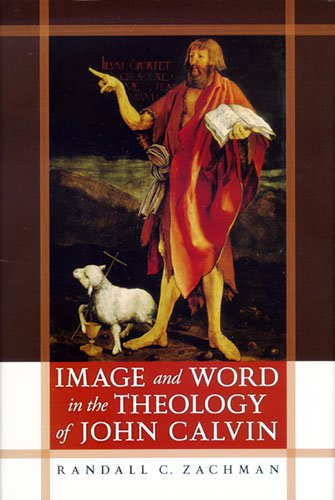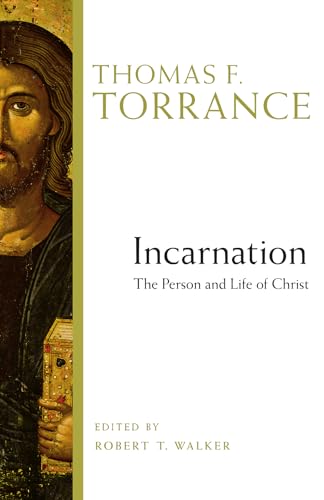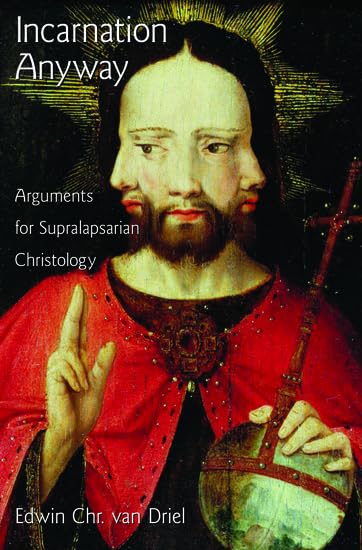Volume 34 - Issue 1
How Far Beyond Chicago? Assessing Recent Attempts to Reframe the Inerrancy Debate
By Jason S. SextonAbstract
The doctrine of inerrancy has been a watershed issue among evangelicals in the West, perhaps now more evident than ever.1 While the inerrancy debate never entirely dissipated from its last spell in the late 1970s and early 1980s, it recently surged to the forefront of discussions about an evangelical doctrine of Scripture both in North America and abroad.
Jason Sexton is a licensed minister with the Evangelical Free Church of America and PhD candidate in Systematic Theology at The University of St. Andrews, Scotland.
The doctrine of inerrancy has been a watershed issue among evangelicals in the West, perhaps now more evident than ever.1 While the inerrancy debate never entirely dissipated from its last spell in the late 1970s and early 1980s, it recently surged to the forefront of discussions about an evangelical doctrine of Scripture both in North America and abroad. This transpired with recent events in the Evangelical Theological Society (hereafter, ETS) dealing with inerrancy2 and fresh publications of at least a dozen books, articles, and reviews.3 With this new rally, one might say that evangelicalism is in the third wave of the inerrancy debate.4 Few signs indicate that the discussion will subside any time soon.
This essay hopes to offer a small contribution to the discussion by answering the title question, “How Far Beyond Chicago?” By “Chicago,” this essay refers to the 1978 Chicago Statement on Biblical Inerrancy (hereafter, CSBI) and not subsequent statements from 1982 or 1986. The rationale behind upholding CSBI as a relevant touchstone today and basis for any further conversation on inerrancy is as follows. (1) It is the most recent, wide-ranging, definitive attempt made by a relatively unified group of evangelicals seeking to understand and articulate inerrancy in light of non-inerrantists discounting Scripture’s authority. (2) Concerning the first meeting of the International Council on Biblical Inerrancy (hereafter, ICBI) in 1978 with over three hundred scholars and leaders, J. I. Packer noted that over ninety percent of the delegates present signed CSBI, which caused him to conc
- ^ It was designated a “watershed” over three decades ago by Harold Lindsell, The Battle for the Bible (Grand Rapids: Zondervan, 1976), 26–27, and eight years later by Francis A. Schaeffer, The Great Evangelical Disaster (Wheaton: Crossway, 1984), 44. The degree of watershed was challenged early by Richard H. Bube, “Inerrancy Is/Is Not the Watershed of Evangelicalism: None of the Above,” Journal of the American Scientific Affiliation 29 (March 1977): 46–47, who called for “revelational inerrancy,” asserting that the term “inerrancy” outlived its usefulness. Some, however, see the inerrancy debate as a watershed for other reasons—because of a “classically modern” view of truth that made inerrancy the “foundational Christian doctrine upon which all others depend.” Jeffery Stephen Oldfield, “The Word Became Text and Dwells Among Us? An Examination of the Doctrine of Inerrancy” (PhD thesis, University of St Andrews, 2007), 232–33.
- ^ While embers for the resurgent discussion over inerrancy were burning with the Open Theism controversy and charges that Open Theists deny inerrancy, the firs
Jason S. Sexton
Jason Sexton is a licensed minister with the Evangelical Free Church of America and PhD candidate in Systematic Theology at The University of St. Andrews, Scotland.
Other Articles in this Issue
Why are we talking about preaching with power? Because of what Christianity is...
In the mid-twentieth century, one could readily find informed Protestant observers acknowledging the Calvinist tradition’s major missionary contribution...
The summer of 2007 was the wettest in Britain since records began, registering over twice the usual amount of rainfall between May and July...
Quite apart from commentaries and hermeneutical textbooks, books on the Bible—its nature and ultimately its authority—have been appearing with daunting frequency of late
No doubt my two children would cringe at the title of this short piece...






